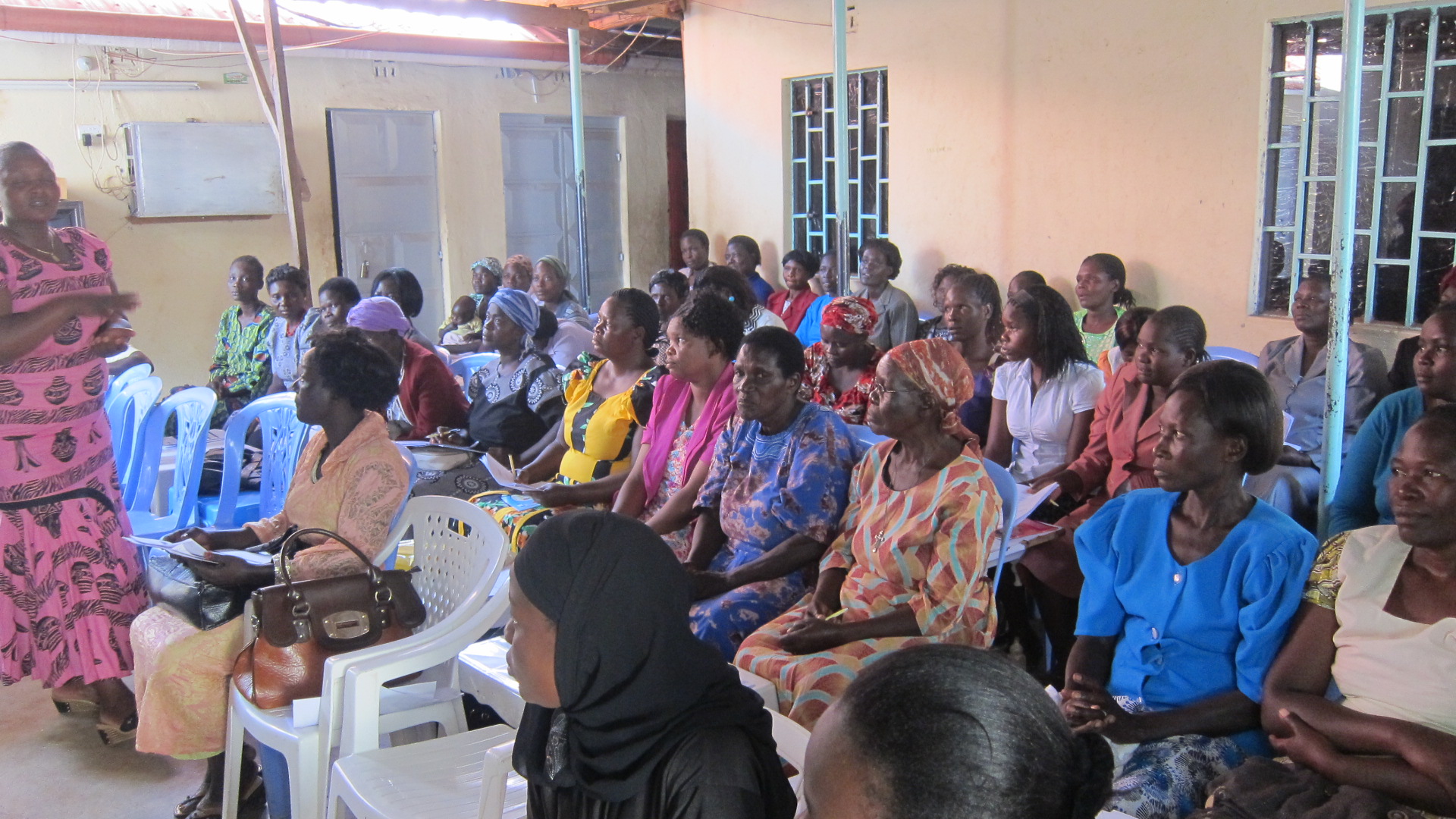
In the past six years, Kenya has continued its progression toward devolution and achieved success in its efforts to decentralize power and bring the government closer to its citizens. However, despite these democratic gains, Kenya remains hindered by the persistence of political impunity throughout the public administration sector, which continues to fuel corruption throughout the country.
In Transparency International’s 2018 Corruption Perceptions Index, Kenya scored a mere 27, indicating a sweeping perception of corruption by Kenyan citizens. This perception is due in part to the devolution process. While decentralization has brought government closer to the people, it has also presented more vulnerabilities in the political system. The expansion of government has increased the number of public servants handling government resources, which in turn has made oversight difficult and created opportunities for rogue government officials to exploit funding and resources.
Kenya’s struggle with corruption and accountability is not new — the country has historically struggled to hold public officials accountable when issues are identified and raised by the public or investigators, and it is partly due to this lack of accountability that Kenyan citizens struggle to trust their government and its institutions. In 2016, Kenya reportedly lost about six billion US dollars to corruption, an amount equal to a third of the country’s’ annual state budget. Corruption was then raised as a key issue in the 2017 general election campaigns and many incumbent government officials were ultimately voted out of office, in part, due to citizen discontent with issues of corruption. In 2018, the Kenyan government stepped up its efforts to combat corruption after the country lost over Sh13 billion to fraudulent deals in key state departments such as the National Youth Service, Kenya Pipeline Company, National Cereals and Produce Board, NHIF, and shoddy land transactions at the Ministry of Lands. During Kenya’s 6th annual Devolution conference held this past March, President Kenyatta announced that “corruption is the single biggest obstacle for a better Kenya.”
The negative effects of corruption in Kenya transcend the country’s borders and disrupt its strong economic and political presence in Eastern Africa, which in recent years has become more interconnected with the global economy, the international community and the United States. Kenya is a role model for the region and serves as an economic and diplomatic hub in East Africa, as well as a regional meeting point for international groups to gather. Kenya’s strategic importance in the region remains crucial to the stability of East Africa. Therefore, it is critical that Kenya prioritize greater accountability of government officials and public funds in order to renew its citizens’ trust in the system and ensure a more resilient and stable democracy.
Strengthening local governance is one way the Kenyan government can enhance public trust and deepen the country’s democratic gains. As argued by Ken Opalo, a Nonresident Fellow at the Brookings Institution, county governments can play a role in fostering greater accountability and results-oriented politics at the national level by ensuring that those in the county governments are equipped with the tools and skills necessary to bring policy making, resources and transparency closer to the people. In order for Kenya’s democratic gains to take root, the government must invest in these types of citizen-centered policies. Through targeted county-level polling, the International Republican Institute (IRI) is supporting members of county assemblies (MCA) elected in the 2017 elections as they develop policies that address the needs of their electorates. One way IRI does this is through intercounty workshops, where MCAs are presented with ward-level public opinion polling data detailing citizen perspectives and priorities in local service delivery and development. Armed with this understanding of citizen needs, MCAs are then able to develop policies that more accurately reflect the priorities of their constituencies.
Ultimately, the successful decentralization of power in Kenya depends on the government’s ability to rebuild public trust in the institutions that have routinely let them down. If Kenya can reconnect its government with the citizenry, then the country will not only thrive internally, but also continue to set a positive example of democratic governance for the entire region.
Top